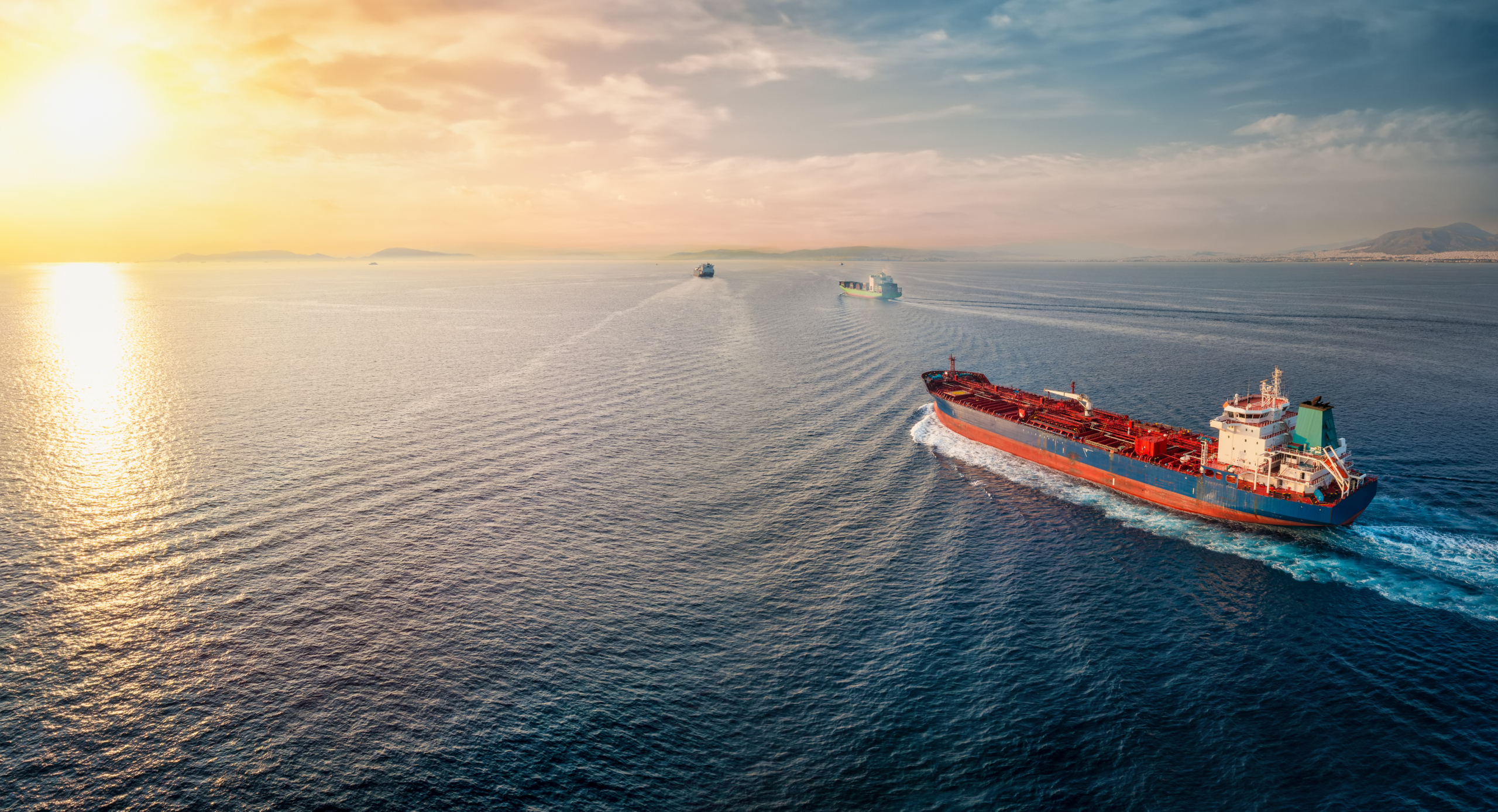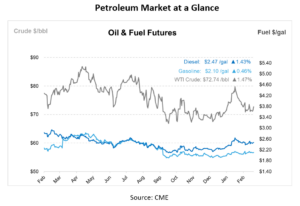
What’s That – MARPOL
In the marine landscape, various operational activities can lead to pollution. Oil spills, operational discharges, and emissions are major concerns, causing direct harm to individuals and wildlife. The International Convention for the Prevention of Pollution from Ships (MARPOL) is the primary international agreement aimed at preventing marine pollution from ships, whether due to operational or accidental causes. MARPOL sets stringent regulations and standards for ship operations to minimize environmental impact. In today’s What’s That Wednesday, we will explore MARPOL and how it helps prevent marine pollution and protect the environment.
What is MARPOL?
The International Convention for the Prevention of Pollution from Ships (MARPOL), is the main international agreement focused on preventing marine pollution caused by ships. Adopted by the International Maritime Organization (IMO) on November 2, 1973, MARPOL aims to prevent and minimize pollution from ships, addressing both accidental pollution and pollution from routine operations. Before MARPOL, in response to a series of tanker accidents between 1976 and 1977, the 1978 Protocol was introduced. Since the 1973 MARPOL Convention had not yet come into effect, the 1978 Protocol incorporated the original Convention. This combined agreement came into force on October 2, 1983. In 1997, another Protocol was adopted to amend the Convention, adding a new Annex VI, which came into effective on May 19, 2005.
Over the years, MARPOL has been updated to address various types of pollution. It includes six technical annexes, each covering different aspects of pollution prevention:
- Annex I: Prevention of pollution by oil.
- Annex II: Control of pollution by noxious liquid substances in bulk.
- Annex III: Prevention of pollution by harmful substances carried by sea in packaged form.
- Annex IV: Prevention of pollution by sewage from ships.
- Annex V: Prevention of pollution by garbage from ships.
- Annex VI: Prevention of air pollution from ships
Understanding MARPOL’s Role in Marine Environmental Protection
MARPOL provides a comprehensive regulatory framework to address the various types of pollution, including oil, chemicals, sewage, garbage, and air emissions, that is detailed in the six annexes. Member countries of the IMO are responsible for implementing and enforcing these regulations, ensuring compliance through inspections and audits. Ships must carry certificates and documentation, such as the International Oil Pollution Prevention (IOPP) Certificate and the International Sewage Pollution Prevention (ISPP) Certificate, to demonstrate adherence to MARPOL standards.
To minimize pollution, MARPOL also mandates specific operational procedures, including oil spill response plans, ballast water management, and approved waste management systems. Additionally, MARPOL sets technological standards for ship design, construction, and equipment, such as double hulls for oil tankers and exhaust gas cleaning systems (scrubbers) to reduce air emissions. Ships are required to monitor and report certain discharges and emissions, aiding authorities in tracking compliance and identifying areas for improvement. MARPOL is regularly updated to address emerging environmental challenges and incorporate new technologies and best practices, ensuring the regulations remain effective in protecting the marine industry.
How MARPOL Benefits the Environment
Of course, one of the biggest concerns in the marine oil and gas industry is oil spills and the harm they cause to the environment. MARPOL has successfully benefited the environment by reducing oil spills, controlling noxious liquid substances, and preventing pollution by harmful substances. Over the past 50 years, oil spill incidents have decreased by over 90%, greatly reducing the harmful impact on marine ecosystems.
It also addresses pollution by harmful substances carried by sea in packaged form, focusing on packing, marking, and documentation. Additionally, MARPOL’s Annex VI plays an important role in reducing air pollution from ships by setting limits on sulfur oxide and nitrogen oxide emissions. The convention promotes the adoption of environmentally advanced technologies and cleaner fuels, contributing to the overall sustainability of the shipping industry.
The Impact of MARPOL on Safe and Sustainable Marine Operations
In many ways, MARPOL has greatly benefited the marine industry by providing numerous advantages that uplift marine operations and regulations. MARPOL has also improved safety practices and working conditions for seafarers by setting operational standards for handling, storage, and disposal of potential pollutants. Additionally, it promotes the adoption of environmentally safe technologies and practices, such as cleaner fuels and emission-reduction measures, helping the industry move towards decarbonization and sustainability.
With over 160 countries ratifying MARPOL, it demonstrates a unified global effort to protect the marine environment, ensuring consistent and effective implementation of environmental regulations and marine operations. Overall, MARPOL has played a huge role in shaping a more responsible marine industry.


